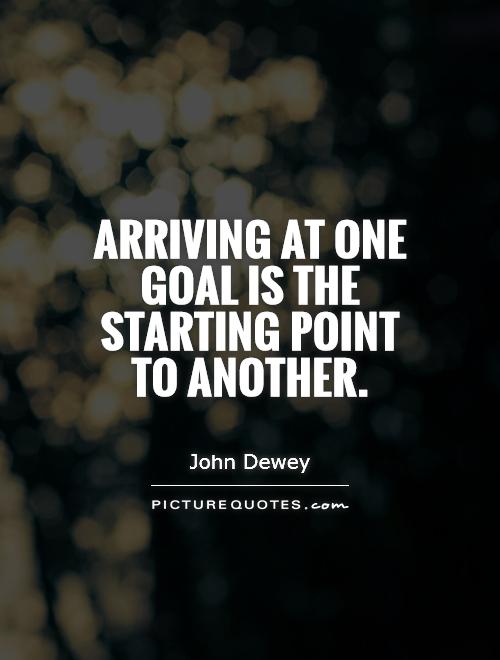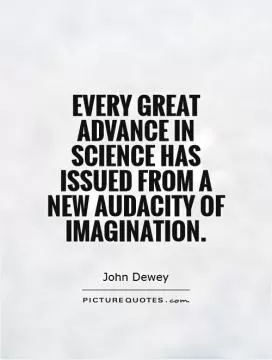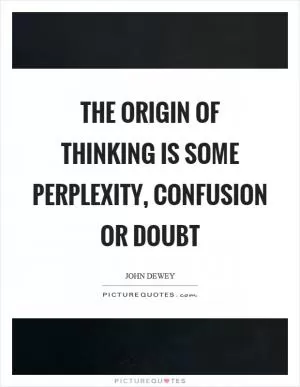Arriving at one goal is the starting point to another

Arriving at one goal is the starting point to another
John Dewey, a renowned American philosopher, psychologist, and educational reformer, believed in the idea that "arriving at one goal is the starting point to another." This concept reflects Dewey's belief in the continuous process of growth and development, both personally and intellectually. Dewey's philosophy emphasized the importance of experiential learning and the idea that knowledge is not static but rather dynamic and constantly evolving.For Dewey, the journey towards a goal was just as important as reaching the goal itself. He believed that the process of learning and experiencing new things was essential for personal growth and development. Dewey argued that individuals should not be focused solely on achieving a specific goal, but rather on the process of learning and growing along the way.
In the context of education, Dewey's philosophy had a profound impact on the way teachers approached teaching and learning. Dewey believed that education should be student-centered, with a focus on hands-on, experiential learning. He argued that students learn best when they are actively engaged in the learning process and when they are able to apply their knowledge in real-world situations.
Dewey's philosophy also emphasized the importance of reflection and critical thinking. He believed that individuals should constantly question and evaluate their beliefs and assumptions in order to continue growing and learning. Dewey saw education as a lifelong process, with each goal achieved serving as a stepping stone to the next.












 Friendship Quotes
Friendship Quotes Love Quotes
Love Quotes Life Quotes
Life Quotes Funny Quotes
Funny Quotes Motivational Quotes
Motivational Quotes Inspirational Quotes
Inspirational Quotes